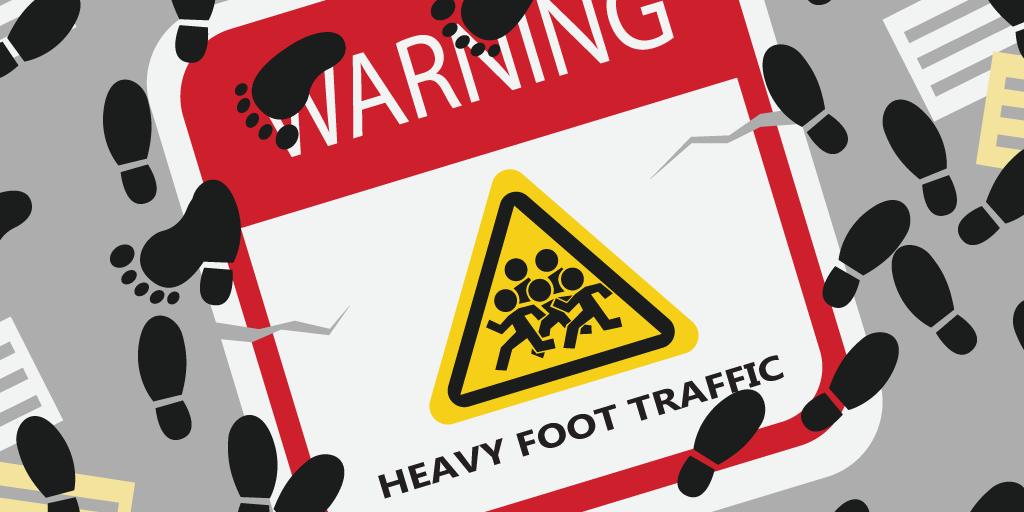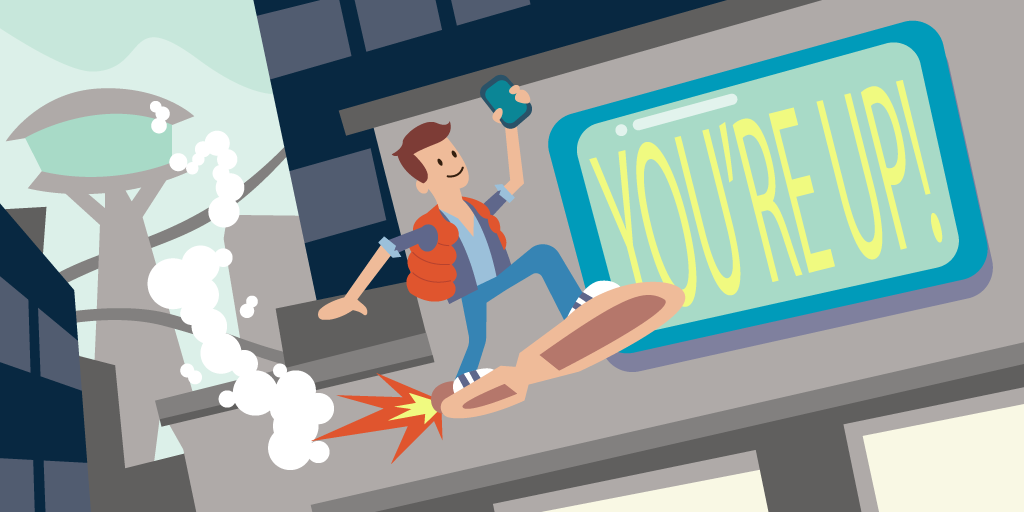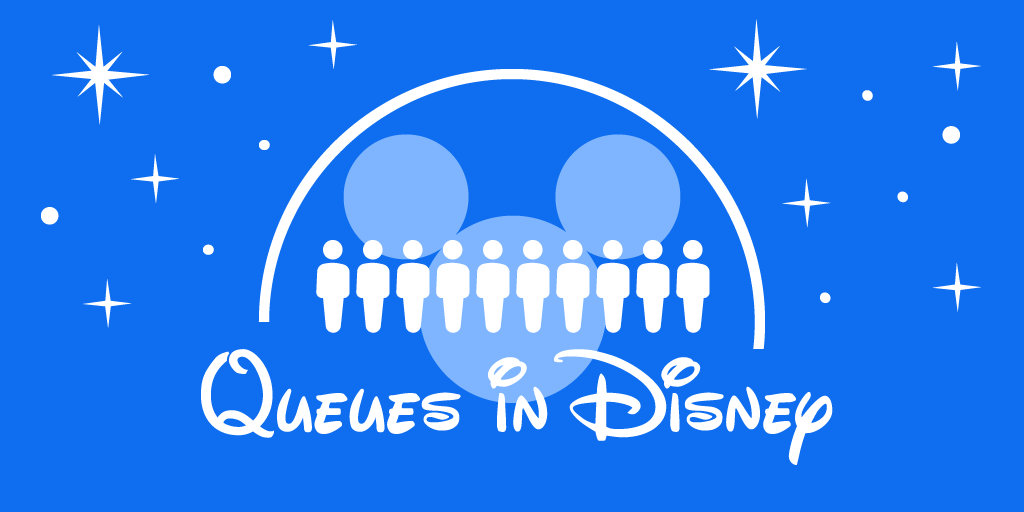It’s typical for businesses to receive the advice, “Make your customer service personal”. But without explanation, how do we know what “personal” means?
What’s so great about personalized customer service, anyway? Does it really help businesses? And if it does, how exactly?
In this article, we’re going to find out exactly what personalized customer service is all about, what you can do to further personalize your service, and explore how it will help your business stand out from the crowd.
Let’s get personal.
Happy Customers Buy More (And Tell Their Friends)
The facts speak for themselves: American Express found that a majority of people will spend 9% more in stores that provide that customer service personal touch.
That’s quite a bit. Imagine: a customer that spends $100 in a regular store is likely to spend nearly $110 in one that provides the service customer’s desire. It’s a no-brainer means for businesses to increase their bottom line.
Not only will customers spend more, but happy customers tell their social circles about your business, expanding your potential customer base and leading to more purchases.
And with each additional customer convinced to shop with you—thanks to exceptional personalized customer service—the circle grows, creating a kind of pay-it-forward model, greatly expanding your customer population.
At the opposite end of the spectrum, people who report bad service are twice as likely to tell their friends and family. That means slicing off a whole tree of potential customers, like cutting off the branch you’re sitting on.
The point being, create an environment in which customers have positive things to tell their friends and family over dinner.
Personal Service Equals Customer Loyalty

Customers want to shop at stores that go out of their way to serve their needs. But don’t take our word for it: 91% of Americans say that the degree of customer service dictates where they choose to shop.
That’s more than nine-in-ten potential customers.
It follows that the better the customer service, the more likely customers are going to visit your particular store. And you, as a business owner, want customers to keep coming back.
Various studies have shown that acquiring new customers is far more expensive than retaining new ones — as much as 15 times more. While the studies’ reported figures differ, they all point to the same principle: you need to foster loyalty in your customers.
Customers who experience the customer service personal touch are likely to remember your business. In their store, your store becomes indelibly linked with “A place I like to shop”.
Understanding Your Customers Through Data
The more personal your customer service, the more loyal your customers, the more data you can collect about your customers.
Yes. A personalized customer service is important for data, and data is used to improve customer service. It’s a complete circle, where both sides of the coin influence the other.
That data is then used to meet customer’s needs and improve the overall shopping experience. Service Intelligence is the cornerstone of modern customer service. The difference between good businesses and great business is often who makes better use of the available information.
So now that we fully understand why personal customer service matter, what are the practical steps to make personal customer service a reality?
The Value of a Queue Management System

At this point, we need to take a slight detour and explore a tool that makes personalizing customer service a whole lot easier. That tool is called a queue management system (QMS).
A QMS such as Qminder not only organizes your queueing experience but gives your business that customer service personal touch.
When customers enter the store, they sign in with their names at a digital kiosk, which is then related to employees. Now, when customers interact with an employee, that employee can address them by name.
And using the customer’s names is a prime personalized customer service example.
Using Customer’s First Names
It’s well established by both anecdotal evidence and scientific studies that our names are the most intimate thing we own. When we hear our names said out loud, unique parts of the brain light up in response.
We don’t need neuropsychology to get to the root of what makes names so special. Writer Dale Carnegie summed it up nicely in How to Win Friends and Influence People:
“Names are the sweetest and most important sound in any language.”
He’s right. Use this knowledge to your advantage. Employees ought to use customer’s first names — which they can easily do if your business has QMS.
Doing so establishes a warm, receptive environment. One that’s friendly and wholesome, an intimacy that serves as the keystone of a positive relationship between businesses and their customers.
An environment that makes service personal and builds customer loyalty.
An Intimate Understanding of Your Customers
First names are the first step for businesses going out of their way to understand their customers. And customers want to be understood.
Use social media to communicate with your customers. Followers on your social media channels tend to be the most loyal, or at least significantly interested in your business.
Communicate with them: ask questions, put out surveys, share vital information such as sales or new products. When customers follow you it might be helpful to follow them back.
Plus, thanks to the influx of millennial customers with disposable income, businesses need to pivot their customer relation strategies to meet their newest customer’s trends. And millennials are digital natives.
The point is to show that you’re a business made up of people — people who want to understand what it’s like to be customers with your store.
Customization, or Adapting Your Services to Customer needs

At the root of personal experience is an often overlooked component — customization. In today’s world of digital saturation, with a ready-made app for everything, customers want to be given a unique, wholly individual experience.
And businesses ought to provide it to them. Remember, service is a conversation.
Today, customers are more informed thanks to digital media than ever before. Many of them will have an idea of what they expect when they walk in the door. Find out what that is.
Forming a Personal Relationship
Don’t think of yourself as a business and customers as, well, “customers”. These are abstract terms that work when making quarterly reports but don’t hold much water when building customer loyalty.
Every transaction is a stepping stone in a relationship. And there is our keyword — “relationship”.
Customers need to be treated like they're part of your community, precisely because they are. That means, at the barebones:
Smile when interacting with customers.
Use customer’s first names.
Embrace customization.
It’s a strange world where even the Bible can be used as a manual for customer experience, but what can you do? “Do unto others as you would like to be done unto yourself” is as relevant to morality as it is to customer service.
Making customer service personal goes a long way in making your business stand out. With the right culture, employees, and tools your business can ensure that customers receive the best experience possible—one that will keep them coming back.
One of the best ways to start making your customer service personal is to use QMS like Qminder. Qminder is free to try for two whole weeks — no credit card or long-time commitment required. Simply sign up and see how Qminder gives you the tools and resources you need to meet your customer’s needs.






